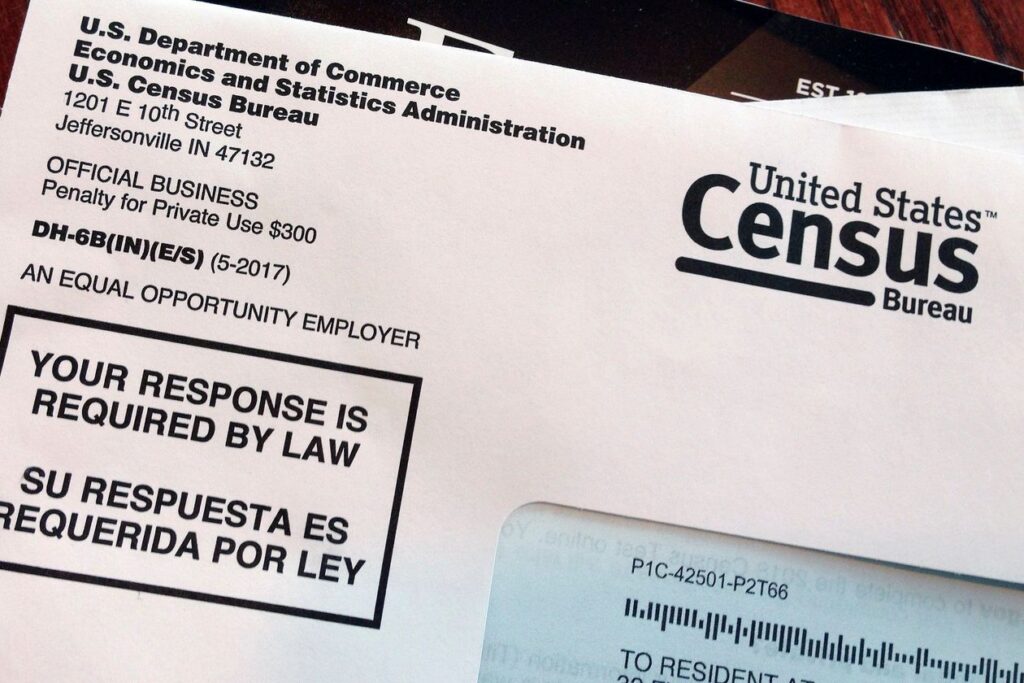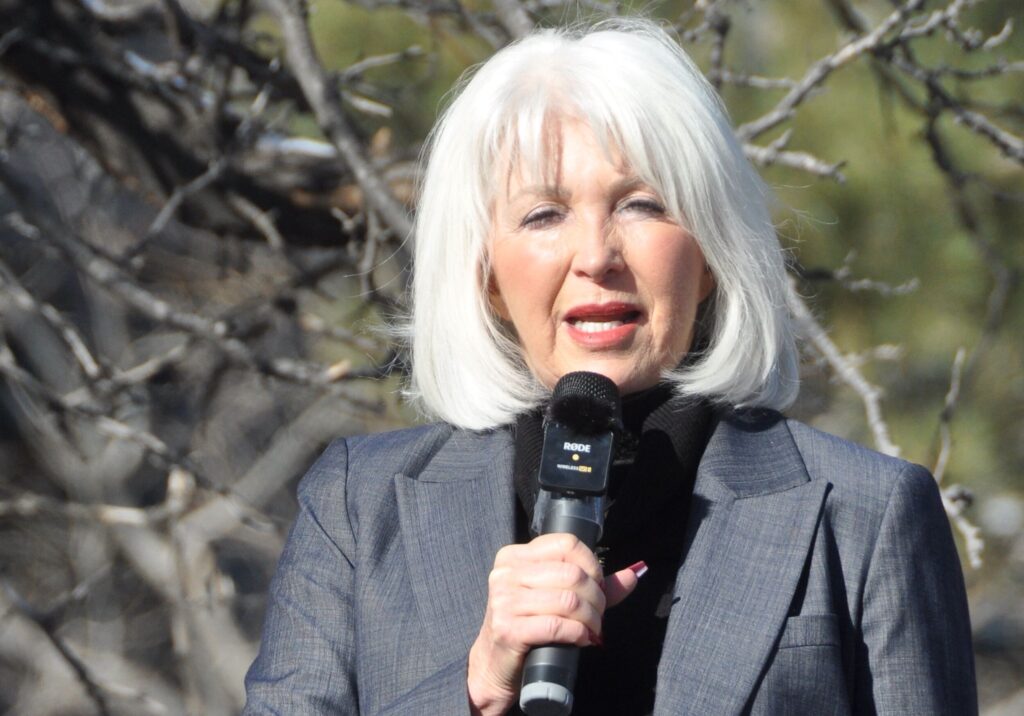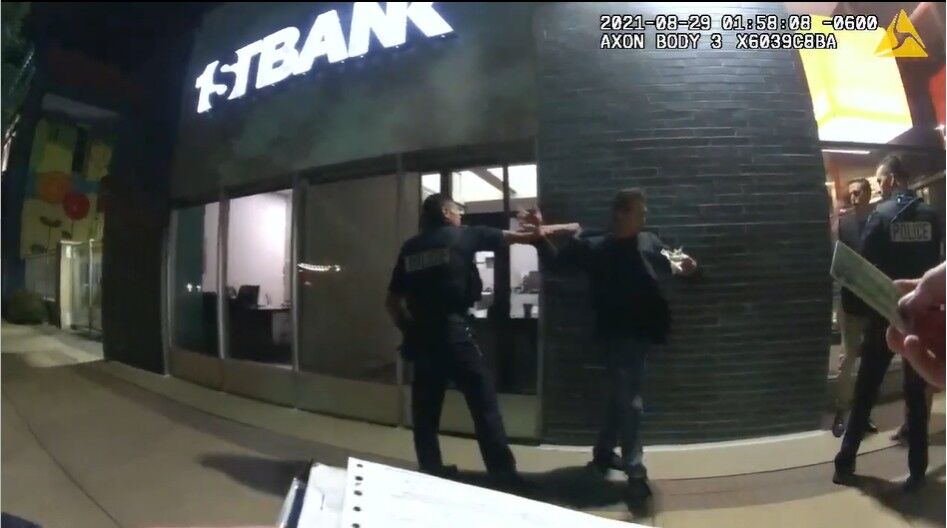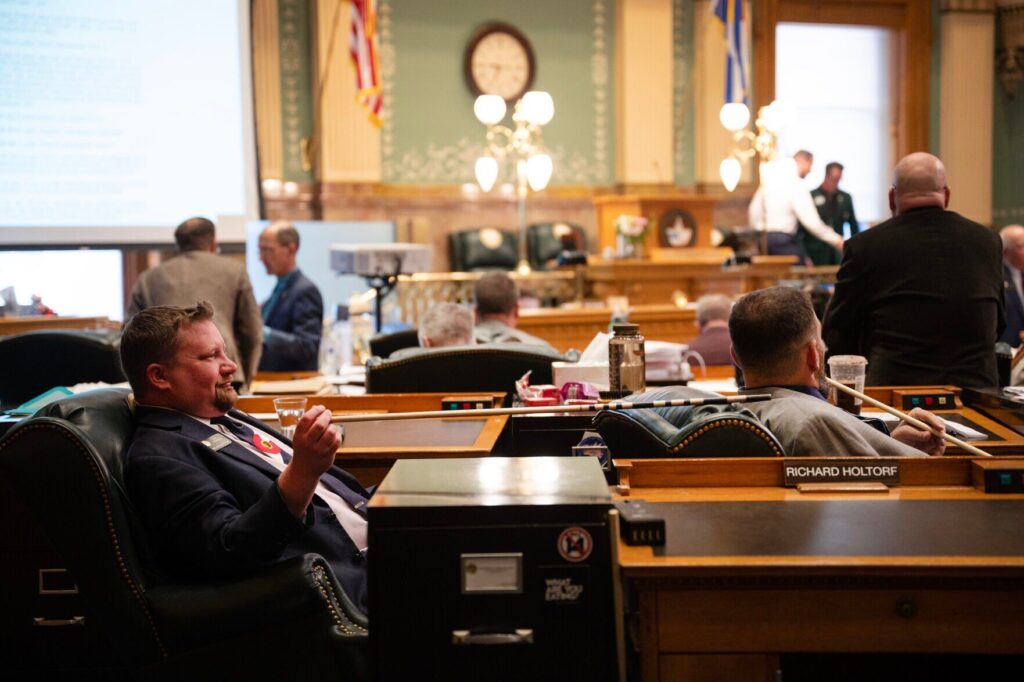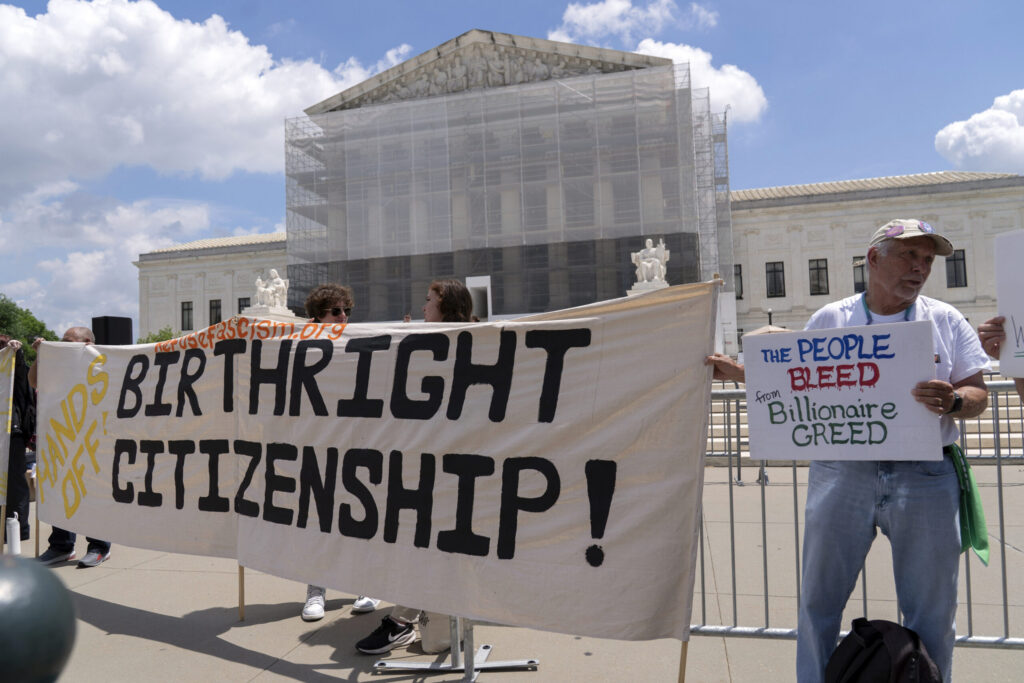Colorado campus free speech bill went off to House with broad bipartisan support
State Sen. Tim Neville, a Littleton Republican, was determined to send his hot-button campus free speech bill to the lower chamber with strong support from Democrats as well as Republicans – and he succeeded.
Senate Bill 62 is a response to the war around expression being waged largely by conservative media outlets who think speech on campuses has been stunted by political correctness at one end of the spectrum and downright censored by administrative restrictions at the other end.
Democrats in the Senate were wary.
For a hearing before the Senate education committee, Neville’s list of witnesses set to testify in favor of the bill included religious freedom-defending attorneys and representatives from a pro-life campus group.
But, in the end, Democrats were won over. They agreed that, when it comes to speech that is provocative, hurtful or wrong, “more speech is always the best revenge,” as Colorado ACLU lawyer Denise Maes put it in testimony in support of the bill.
A week later, on the Senate floor, Sen. Steve Fenberg, a Boulder Democrat who was director for years of influential youth voter registration group New Era Colorado, sought to attach an amendment to the bill including voter registration drives among the types of expression specifically listed as protected in the bill.
Neville declined to accept the amendment. That was a Friday. The bill passed second reading, but he had basically lost Democratic support.
So Neville talked to Fenberg and, over the weekend, consulted with interested parties, including the University of Colorado and the ACLU. On Monday, he had a plan, he told the Statesman.
“I proposed the amendment on third reading with Senator Fenberg’s support and it was adopted before Senate final passage.”
In fact, the bill passed with the support of 32 of the 34 Senators voting that day.
The Second section of the bill, where the term “expression” is defined, now includes “voter registration activities” among other forms of protected expression. Those include “any lawful verbal or written means by which individuals may communicate ideas to one another,” and specifically, “all forms of peaceful assembly, protests, speaking verbally, holding signs, circulating petitions, and distributing written materials.”
Neville was stoked, as they used to say on college campuses.
“With the support and assistance of all parties, we passed a very good bill with strong bipartisan support,” said Neville. “It is my hope that is recognized by House leadership and members and that we will see passage and the bill sent to the governor for his approval.”
“A cornerstone to free speech is the ability to participate and engage one’s peers in the political process,” said Fenberg. “I’m grateful that Sen. Neville agreed to add voter registration activities as a protected form of expression on college campuses.”
The bill has been introduced in the Democratic-controlled House, where it is sponsored by Rep. Steve Humphrey, a Republican from Severance. The bill has been sent to the House State Affairs Committee.


